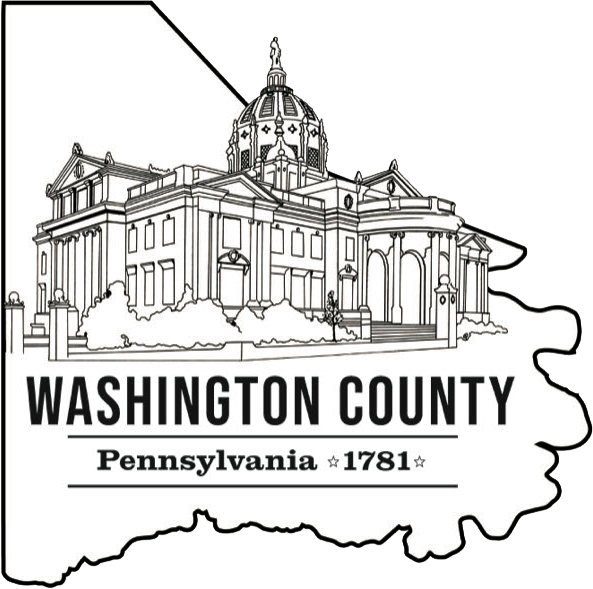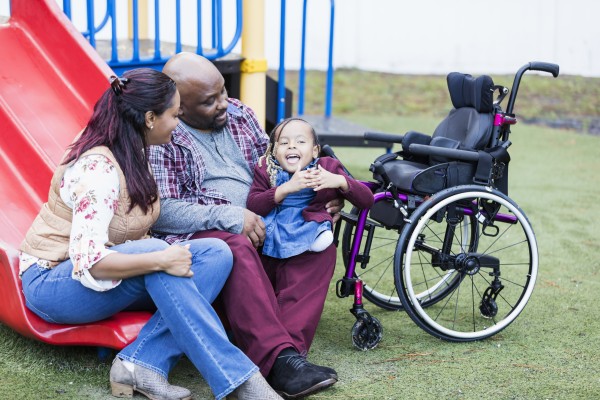Drug & Alchohol Services (Substance Use Disorder)
We are here to help, Always.
Cheryl Andrews
Executive Director
(724) 223-1181 ext. 122
cheryla@wdacinc.org
www.wadcinc.org
Breaking the Cycle of Addiction
Address:
Washington Drug and Alcohol Commission, Inc.
90 West Chestnut Street
Suite 310
Washington, PA 15301
Contact:
Phone number: (724) 223-1181
Toll Free: 1-800-247-8379
Fax: 724-223-1187
Hours of Operation:
Monday - Friday
8:30 a.m. - 4:30 p.m.
Sign up for Human Services News, Resources, Updates and Events
Department of Human Services
Programs and Services
Latest Information
FAQs
So who is at risk for an overdose?
• Anyone using opioids for long term management for chronic cancer or non-cancer pain. As they build tolerance to the medications, they may feel the need to take more to get the same level of effectiveness. Unfortunately, it can be too much for their body.
• A past abuser who has quit and then returned to opioid use. A person’s tolerance level to the drug will change when no longer using and the same amount that was used before may be too powerful for their body.
• Individuals who mix alcohol with prescription medications, heroin or over the counter products.
So what does an overdose look like?
These signs are very important to look for, if not treated the result can mean death.
• Face is extremely pale and/or clammy to touch.
• Body is limp
• Fingernails or lips have a blue or purple cast
• The person is vomiting or making gurgling noises.
• You can not get the person to respond when talking to them
• The person is unable to wake up.
• The person is unable to speak.
• Breathing is vey slow or stopped
• Heartbeat is very slow or stopped.
These signs may indicate an the person is about to go into an overdose.
• Unusual sleepiness or drowsiness, hard to walk the person up.
• Mental confusion, slurred speech, intoxicated behavior
• Slow or shallow breathing
• Pinpoint pupils
• Slow heartbeat or low blood pressure
What can you do if someone you know is experiencing an overdose?
New laws have passed to make a drug to help save someone from overdose available to any family member that would like to have it available in case of an overdose of a loved one. To learn more about this drug and how to administer it please go to Get Naloxone Now and take the bystander training online.
Some important things to remember
Call 911 –
Say that someone is not breathing and give the address or description of your location.
If the person can’t breathe for themselves you need to breathe for them.
News & Events
There is currently no news to display.










